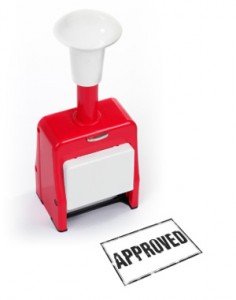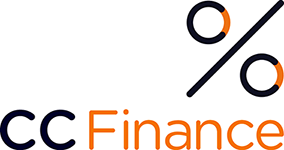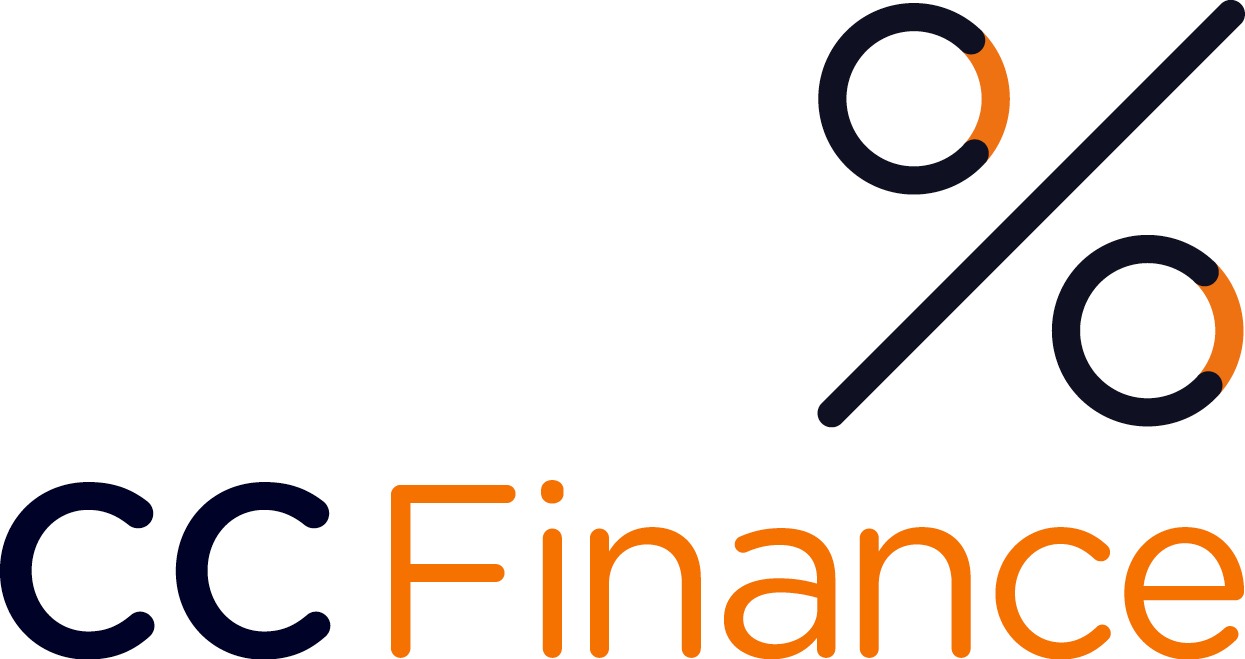To help your business through the UK’s deepest recession for 300 years we pulled together this guide to UK grants for small businesses. Because grants provide finance at no cost they can turn into a life line when loans become temporarily unaffordable.
However, grants can take longer to come through and are usually awarded on a selective basis. Therefore, consider carefully where and how to use them in your recovery or expansion planning.
To begin with, identify your business’ financial needs, how you want to use a grant and how much you will need to succeed.
Will Business Grants Be Extended?
During Covid 19, the Government set up a few lockdown-related UK grants for small businesses (see below). These exist alongside the Government’s Coronavirus Business Interruption Loan Scheme (CBILS) and Bounce Back Loan (BBL) schemes. Since extensions of certain business grants are yet to be decided, find further information about up-to-date timelines and extensions here.
What Are Business Grants?
Unlike loans, business grants are sums of money that do not carry interest. On top, you do not need to pay them back. Mostly, national and local authorities and agencies award grants, either in cash, as a deduction of business taxes or as a voucher. Because business grants aim at rebalancing and supporting certain parts of the economy, authorities provide them on a selective basis: to certain types of entrepreneurs (women, minorities), certain sectors (green energy, AI) and to businesses at certain stages in their life cycles.
How Business Grants Work
In most cases, grants are awarded for a specific project or purpose. For example, to drive employment and research in innovation sectors, to restoring the environment and historic buildings, and to create employment opportunities in disadvantaged areas of the country. Disregarding the type of business, entrepreneurs themselves can be eligible for grants if they belong to underrepresented parts of society, for example ethnic minorities or women.
Cash business grants generally come as an independent one-off payment, or they represent a certain percentage of the total project cost. In some cases, authorities match the business contributions to a project on a 50:50 basis, called match funding.
My tip: If you take out business grants make sure you use them to maximum effect to advance your business. As and when your business requires regular external finance, lenders will take grant funding into consideration when assessing the affordability of a loan.
What Business Grants Are Available?
Across the UK, there are more than 200 publicly and privately funded grants available. Depending on eligibility, UK grants for small businesses range from a couple of hundred pounds to hundreds of thousands of pounds.
To manage the economic impact of Covid-19 the Government’s business support scheme includes specific grants for closed businesses, and for hard-hit sectors such as retail, hospitality and leisure, worth up to £9,000 per property. Among the most widely used Covid-19 related grants are the
- Local Restrictions Support Grant
- Additional Restrictions Grant
- Small Business Grant Fund
- Discretionary Grant Fund and the
- Kickstart Scheme.
A good starting point to find the right UK grants for small businesses is the UK Government’s list of available grants. It lists how much you can get, who the grant is for, what kind of grant you can get, and information about the organizer.
What Can Business Grants Be Used For?
Since most UK grants serve a specific purpose or situation businesses have to demonstrate in their applications that they will use these grants adequately. For example, to employ apprentices or unemployed people, install gigabit broadband, start up their business, export products or develop innovative products. As for local, environmental or social grants, businesses commit to using those to improve the local economy, environment or society: for example, to create jobs in a disadvantaged area, to develop green technology, or to support charities to instigate social change.
How To Apply For Business Grants?
In most cases, you can apply for UK small business grants online, either through your local council or an official government site. Before you start, read the eligibility criteria and guidance notes where available. Make sure you have key documentation such as your company registration number, a recent bank statement, or your VAT registration number, at hand.
As for project-based grant funding this can take place in phases that each come with separate funding criteria and require separate applications. To prove your project is viable, you will need a detailed business plan and provide key financial figures and project costs in most cases.
Much like with debt finance, a clear, honest and convincing funding proposal without gaps saves time and raises your chances of success.
Are Business Grants Taxable?
Because they are a form of income, cash grants are taxable in principle. Make sure you include them in your accounts and consult your tax adviser whether you can claim tax relief on the expenditure supported by a grant.
Applying for CBILS and the Recovery Loan Scheme
 While the Coronavirus Business Interruption Loan Scheme is not a grant it provides generous lending terms and has helped thousands of businesses cope with lockdown restrictions. From 6th April 2021 the Government’s Recovery Loan Scheme is set to replace CBILS and Bounce Back Loan schemes, ending on 31st December 2021. These schemes have temporarily replaced Britain’s Enterprise Finance Guarantee Scheme, a government initiative designed specifically to assist SME business owners with flexible loans of up to £1million.
While the Coronavirus Business Interruption Loan Scheme is not a grant it provides generous lending terms and has helped thousands of businesses cope with lockdown restrictions. From 6th April 2021 the Government’s Recovery Loan Scheme is set to replace CBILS and Bounce Back Loan schemes, ending on 31st December 2021. These schemes have temporarily replaced Britain’s Enterprise Finance Guarantee Scheme, a government initiative designed specifically to assist SME business owners with flexible loans of up to £1million.
Although not every lender offers the whole range of CBILS/Recovery Loan backed facilities, you can apply for CBILS/Recovery Loan backed invoice factoring and asset finance, as well as business loans and short term bridging loans and property development finance.
The British Business Bank manages CBILS and Recovery Loans through more than 100 UK accredited lenders, supported by various approved partners. At CC Finance, have strong established relationships with the vast majority of them. For free, unbiased advice to establish if a CBILS facility is appropriate for your business please get in touch.
In addition to grant and government schemes we provide access to a growing number of authorised and regulated financial institutions who will provide secured loan facilities as a viable alternative to the high street bank. Please call us today to see how we can help or submit an enquiry and we will contact you. Our advice is given freely, in confidence and without obligation.


